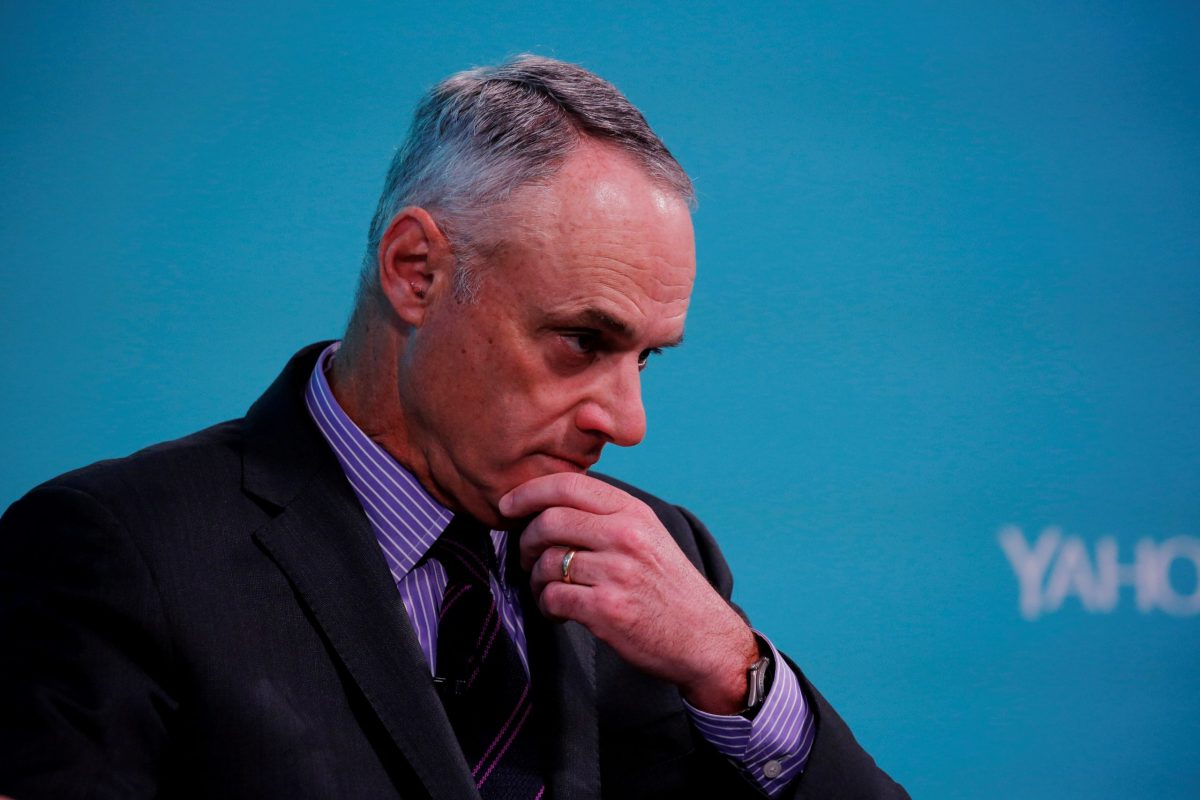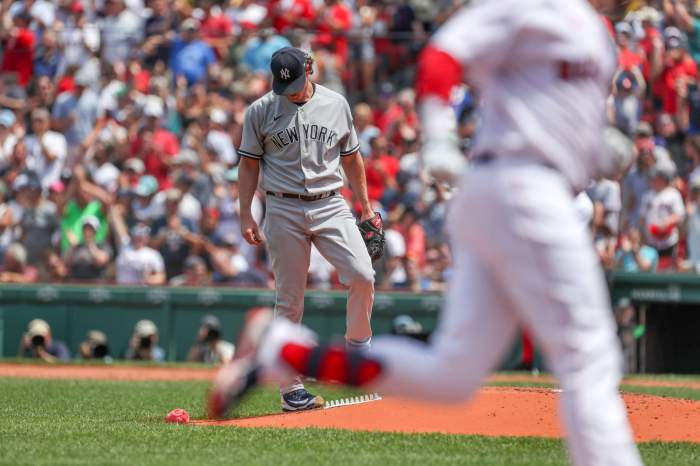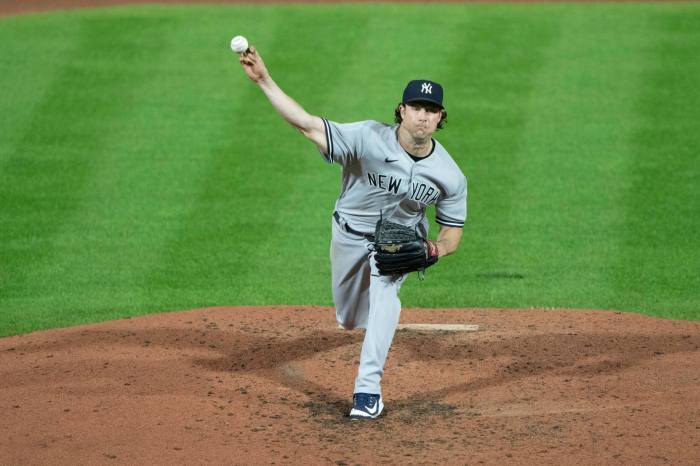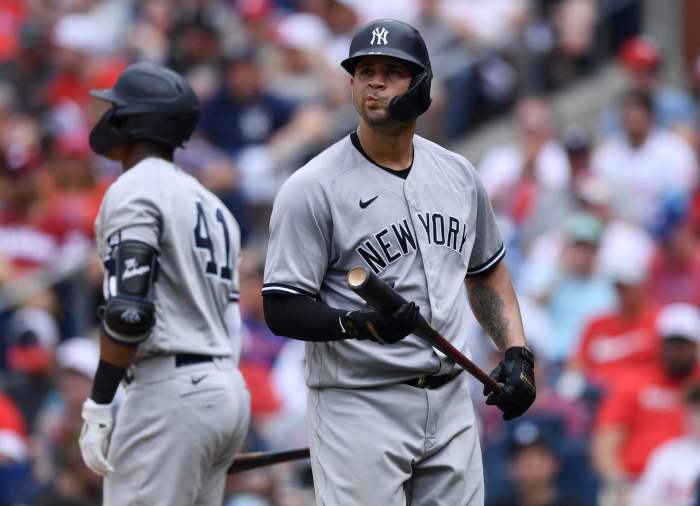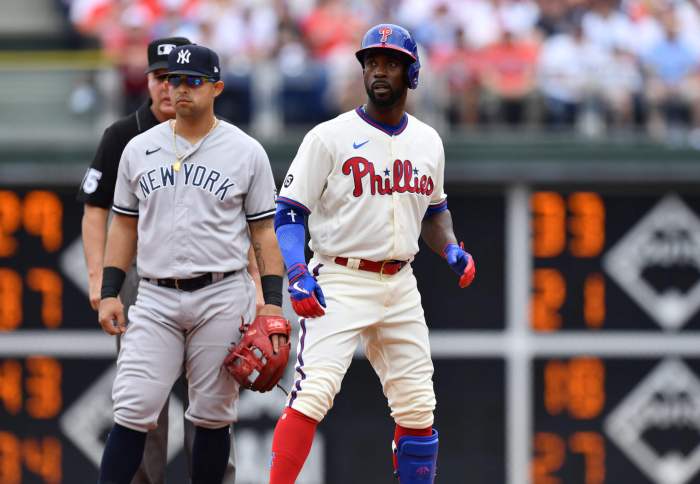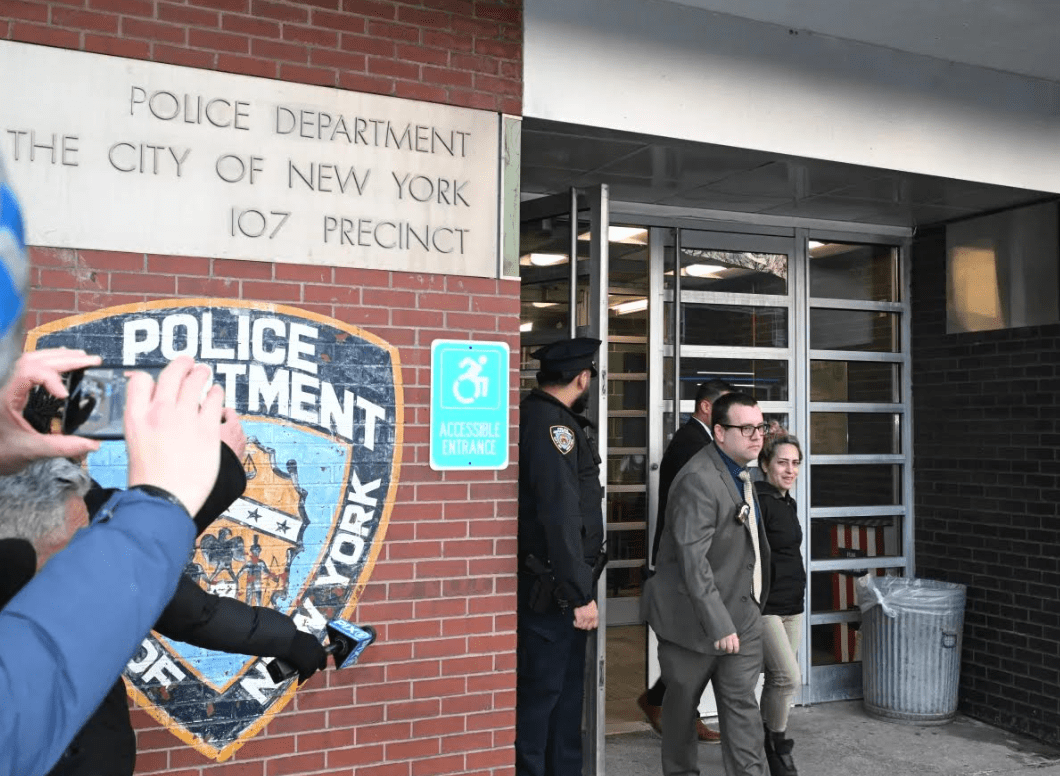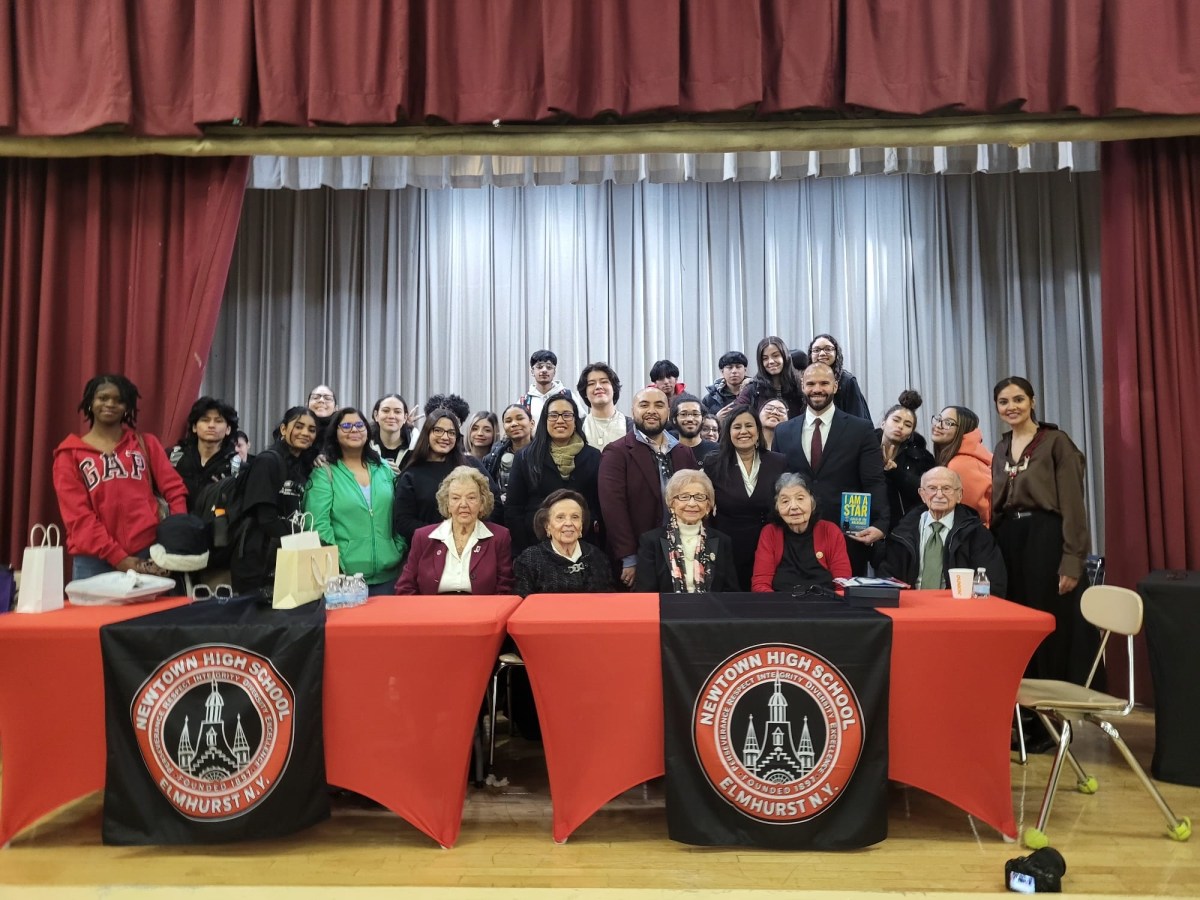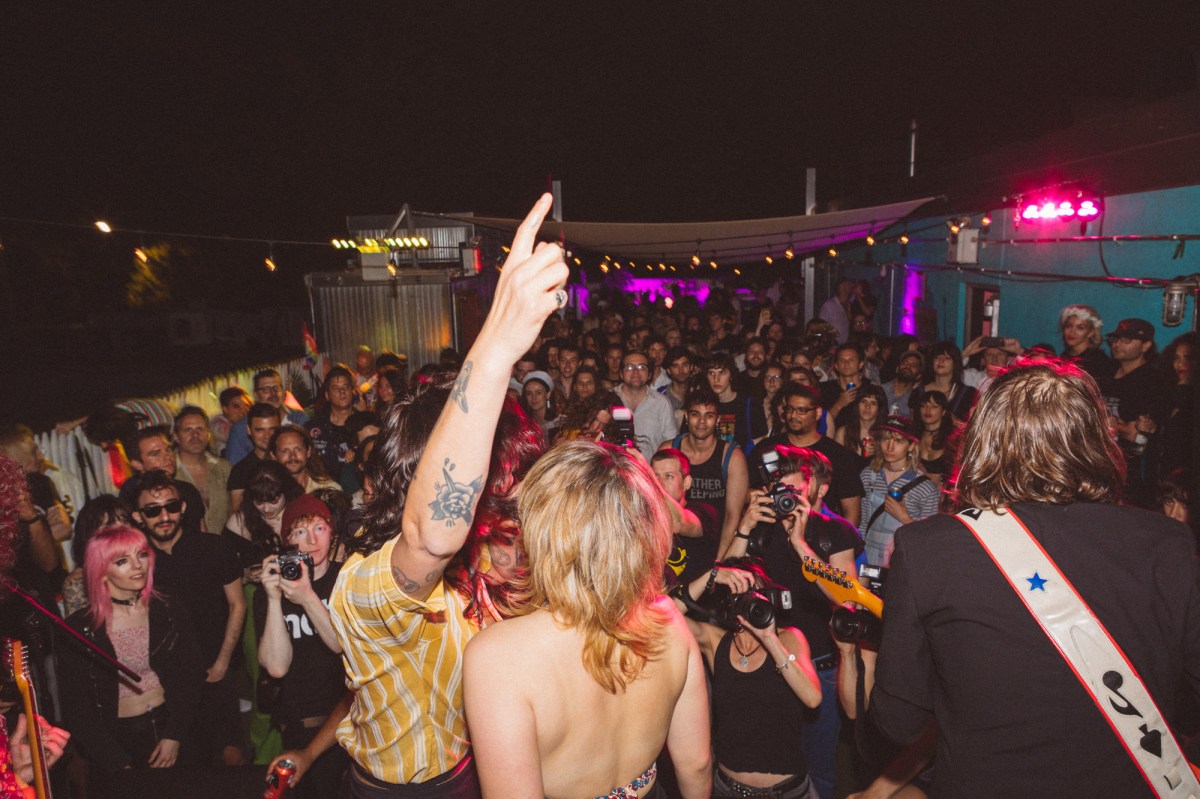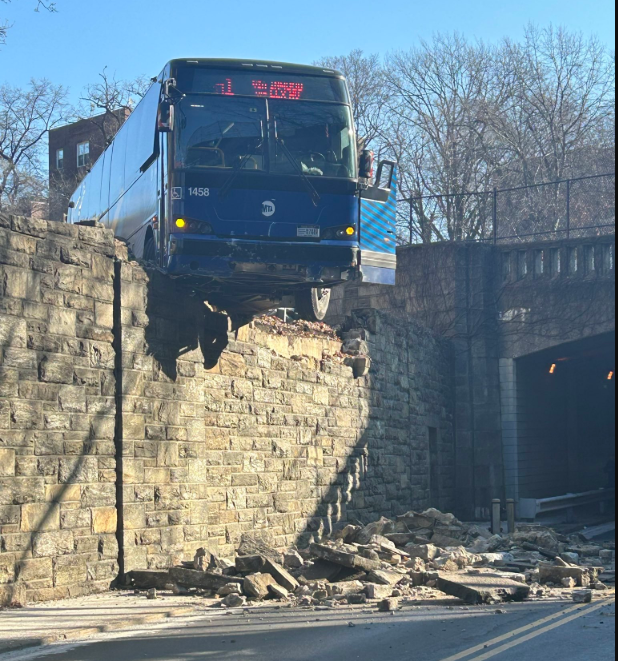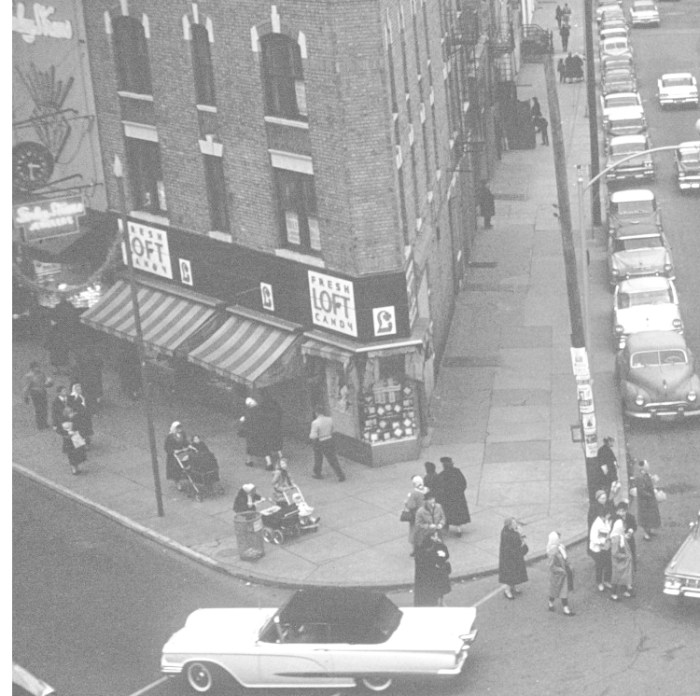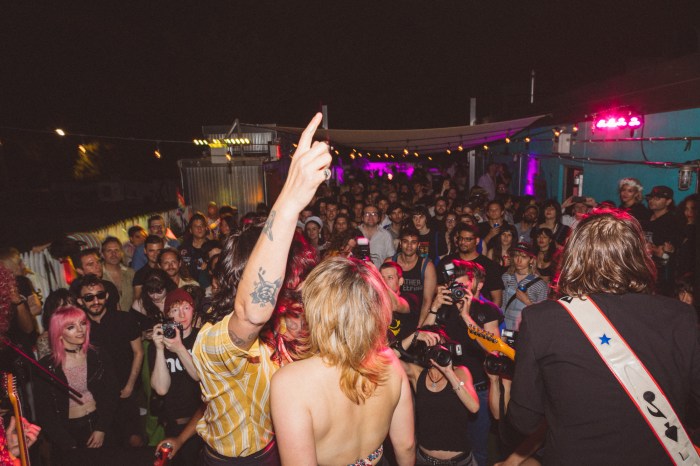Another meeting between Major League Baseball and the players’ union, another fruitless negotiating session.
Tuesday saw the two sides meet once again in an attempt to create some momentum toward a new Collective Bargaining Agreement that will end the owner-induced lockout and open baseball’s doors ahead of the 2022 season.
But once again, there was little progress made on the numerous issues that continue to keep the two parties far apart on any potential agreement.
According to MLB.com’s Mark Feinsand, the players’ union offered to reduce its pre-arbitration bonus pool — which rewards the top performers of a group of pre-arbitration players — from $105 million to $100 million in response to the league’s offer of just $10 million.
The players are also against proposals regarding Super Two eligibility. The league wants all players with two years of service time to be eligible for arbitration rather than the current rule that allows only 22% of two-year players with the most service time.
[ALSO READ: Barry Bonds, Roger Clemens Hall of Fame snub the latest example of MLB’s long-standing hypocrisy]
There was some progress in the form of the union saying that it would be open to the idea of rewarding teams that do not manipulate a top prospect’s service time with a draft pick.
But all this is happening while major points of contention, including the league’s minimum salary for players and the competitive balance tax threshold, remain undiscussed.
Both of those aspects are some of the major hang-up points that have fueled this stalemate — and the fact that another unsuccessful meeting came just two weeks before the start of spring training is further evidence that MLB’s 2022 schedule is going to be pushed back.
Granted, that shouldn’t come as much of a surprise, and the crocodile tears that will surely follow from the league and owners as they lament a delayed start must be considered as just that.
After all, these are the same two parties that further pushed back the start of the COVID-shortened 2020 season from Memorial Day to late July because they could not to negotiate in good faith.
The two parties refused to meet at the negotiating table for roughly six weeks after locking out the players on Dec. 2. Meanwhile, the owners’ inability to make legitimate concessions further indicates that they’re willing to risk the regular season not starting on time to ensure they hold onto a fistful of dollars — even if that means losing out on a part of their seven-year, $4 billion TV rights deal signed with ESPN last year.



